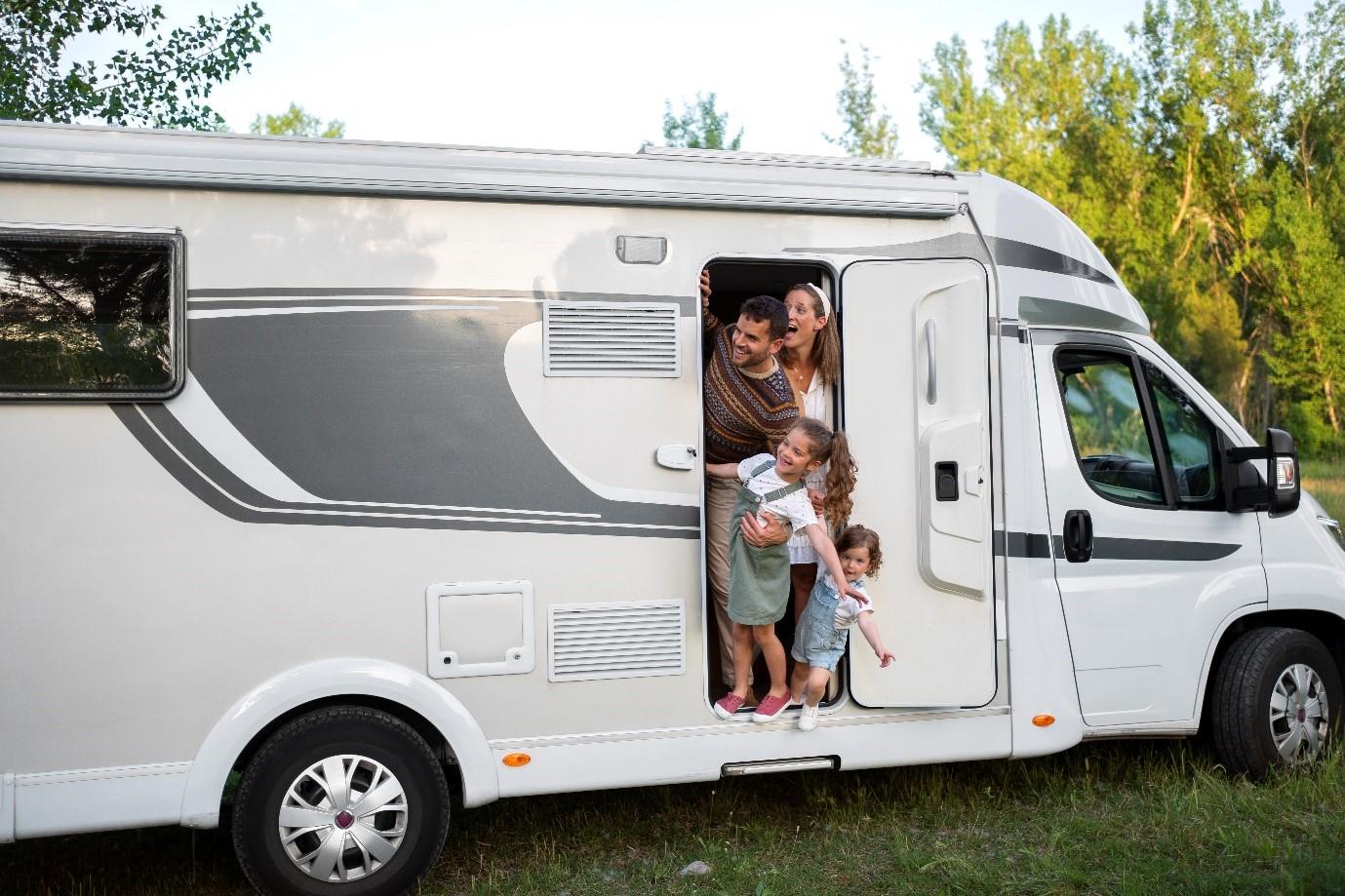Are you a supporter of sustainable living who also loves to travel? Does the idea of setting off on the open road, surrounded by nature, and winding your way to unknown destinations excite you? Then allow me to introduce you to an eco-friendlier way of exploring – campervan travel. Through this blog post, I aim to delve deeper into the tangible impact of campervan travel on environmental sustainability.
Opting for campervans as a mode of travel presents a convincing combination of nomadic lifestyle and resource conservation. But how does this alternative form of travel directly aid in environmental protection? Are there any potential pitfalls or challenges one needs to be aware of? Let’s embark on this thought-provoking journey together to explore the relationship between campervan travel and environmental preservation.
The Connection: Campervan Travel and Eco-Friendly Living
A compact home-on-wheels with strategically designed spaces, utilizing every inch while leaving a minimal carbon footprint. Campervans offer an unmatched blend of comfort, mobility, and efficiency, making them an intriguing study in the realm of eco-friendly living. This miniature home approach not only reduces waste and resource consumption but also encourages a lifestyle shift towards minimalism and sustainability.
The less-is-more philosophy inherent in campervan travel directly contributes to a reduced carbon footprint, turning the spotlight on important environmental issues such as energy efficiency, waste management, and thoughtful consumption.
However, like most things in life, campervan living has its own set of challenges. These primarily revolve around responsible waste disposal and conservation of resources while on the move. It is these very challenges that make campervan travel a fascinating topic for ecologically-minded enthusiasts.
Proactive Strategies for Green Campervan Travel
While the campervan lifestyle is inherently eco-friendly, it’s essential to take proactive steps to augment its positive environmental impact. This could include using solar energy for powering gadgets, ensuring proper waste disposal, and choosing to stay in sites that follow green practices.

Selecting energy-efficient appliances, using bio-degradable cleaning agents, and practicing water conservation can significantly minimize the environmental impact. Another critical aspect is conscious travel – avoiding overcrowded tourist hotspots, exploring less-frequented paths, and respecting the local ecosystem.
The Flip Side: The Environmental Challenges
Despite its benefits, campervan travel isn’t immune to environmental challenges. These range from carbon emissions during transit to waste management issues while camping. Even mismanagement of natural resources, like water and firewood, can pose threats to the environment.
Smaller vehicles typically produce fewer emissions than larger RVs, but they’re not entirely carbon-neutral. Crafty solutions may help mitigate these issues – think sustainable biofuels, purchasing carbon offsets, or even electric campervans, which are steadily gaining momentum.
Conclusion:
Ultimately, the relationship between campervan travel and environmental sustainability is a highly nuanced one. On one hand, it promotes a minimalist, eco-friendly lifestyle while fostering a deeper connection with nature. On the other, it requires a conscious effort and commitment to responsible travel to truly realize its potential as a green mode of travel.
Part of this commitment lies in acknowledging the environmental challenges and diligently seeking solutions. Because, as the age-old proverb says, every little bit helps. So, let’s don our explorer hats, fuel up our campervans, and set off on sustainable adventures, leaving nothing but footprints (and tire tracks) behind!







